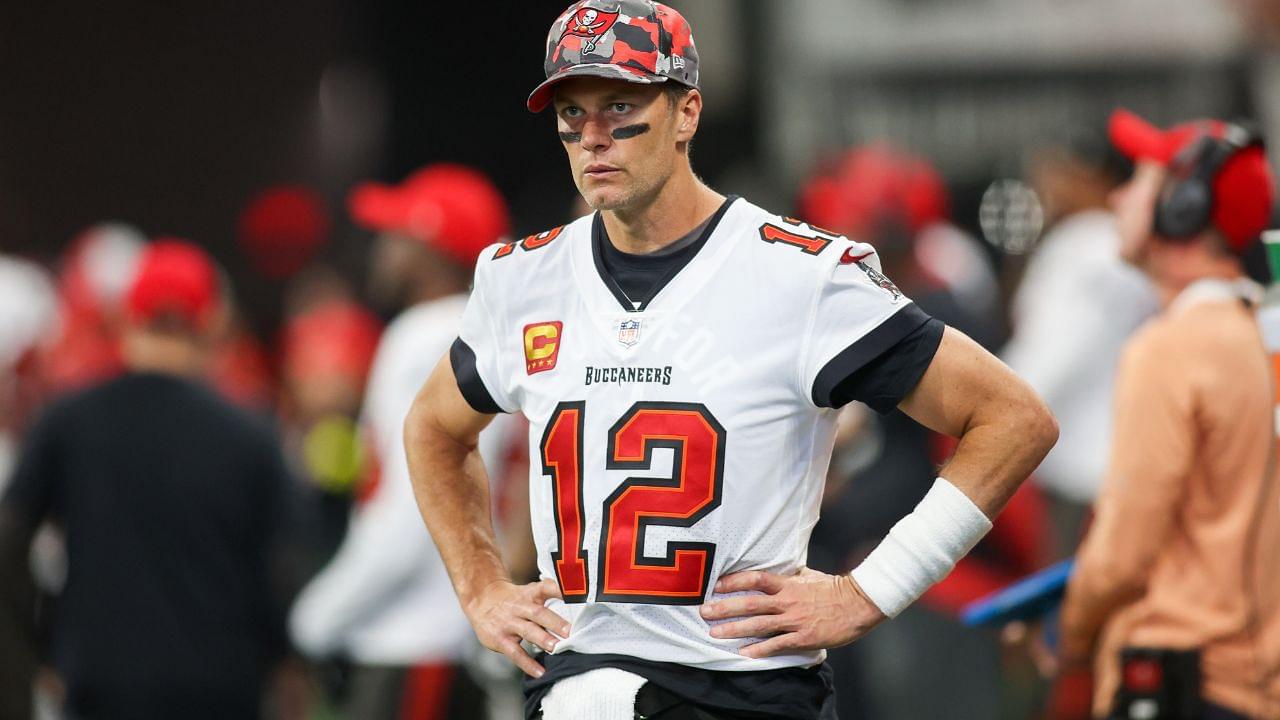Life after retirement has been smooth and happy for Tom Brady. Along with focusing on his business ventures, the 7x Super Bowl champion is spending quality time with his children. Apart from that, in the hopes of building his empire and legacy, the iconic signal caller has geared up to become a minority stake in the Las Vegas Raiders. The team has accepted his proposal, while the submission has been sent to the NFL and is still pending. Although the players and the management of the team are ecstatic to have such a talented and skilled QB/owner on board, the head coach of the team recently dug an old and controversial grave which might make things a bit tricky in Vegas.
Advertisement
Josh McDaniels, the former Patriots offensive coordinator, who was with Brady in New England, wants Terrific Tom to accept that the infamous ‘tuck rule’ play was actually a fumble and not an incomplete pass. Given that he knows ‘Tom Brady – the player’ very well, Josh’s comments are getting even more attention.
McDaniels wants Tom Brady to complete this unofficial step before becoming the minority owner of the Raiders
Though it might not be an official obligation, but the head coach wants Brady to accept the ‘tuck play’ as a fumble. As per ProFootballTalk, when questioned by the media, coach Josh McDaniels, jokingly affirmed that Brady would unequivocally have to acknowledge that the controversial “tuck rule” play during the 2001 postseason should have been ruled a fumble. “One hundred percent. No question,” Josh stated.
Las Vegas Head coach Josh McDaniels jokes that there's “no question” Tom Brady will have to admit the “tuck rule” play was a fumble, once he's an owner of the #Raiders
😂😂😂 pic.twitter.com/hGthYo9fzd
— MLFootball (@_MLFootball) May 25, 2023
The ‘tuck rule’ in the NFL referred to a controversial rule that was in effect from 1999 to 2013. According to the rule, if a quarterback, while attempting to tuck the ball back to his body after a passing motion, loses control of the ball, it is considered an incomplete pass rather than a fumble.
The rule states that if the quarterback’s arm is moving forward when he loses control, it is an incomplete pass and the play is dead. The most notable instance involving the ‘tuck rule’ occurred in a playoff game between the New England Patriots and the Oakland Raiders in 2002, where the ruling played a significant role in the outcome of the game. The tuck rule has since been eliminated from the NFL rulebook.
Here’s how the ‘tuck rule’ changed New England’s destiny
The ‘tuck rule’ had a significant impact on the New England Patriots and their success in the years following its implementation. The contentious ruling in the 2002 playoff game against the Oakland Raiders, which upheld Tom Brady’s incomplete pass instead of ruling it a fumble, allowed the Patriots to retain possession and eventually win the game.
This pivotal moment marked the start of a remarkable run for the Patriots. They went on to win their first Super Bowl that season and established themselves as a dominant force in the NFL. Led by quarterback Tom Brady and head coach Bill Belichick, the Patriots became a dynasty, winning six Super Bowl titles between 2001 and 2018.
While it is difficult to attribute the Patriots’ success solely to the tuck rule, the ruling served as a turning point in their franchise history. It provided a spark for the team and helped establish their winning culture and reputation for clutch performances. The Patriots sustained success after the tuck rule decision which ultimately solidified their status as one of the most successful franchises in NFL history.






